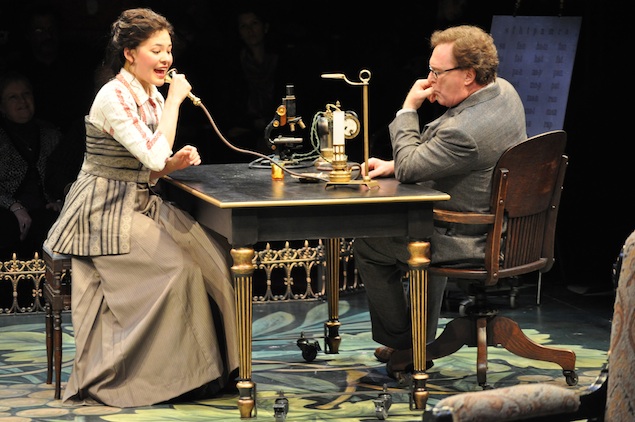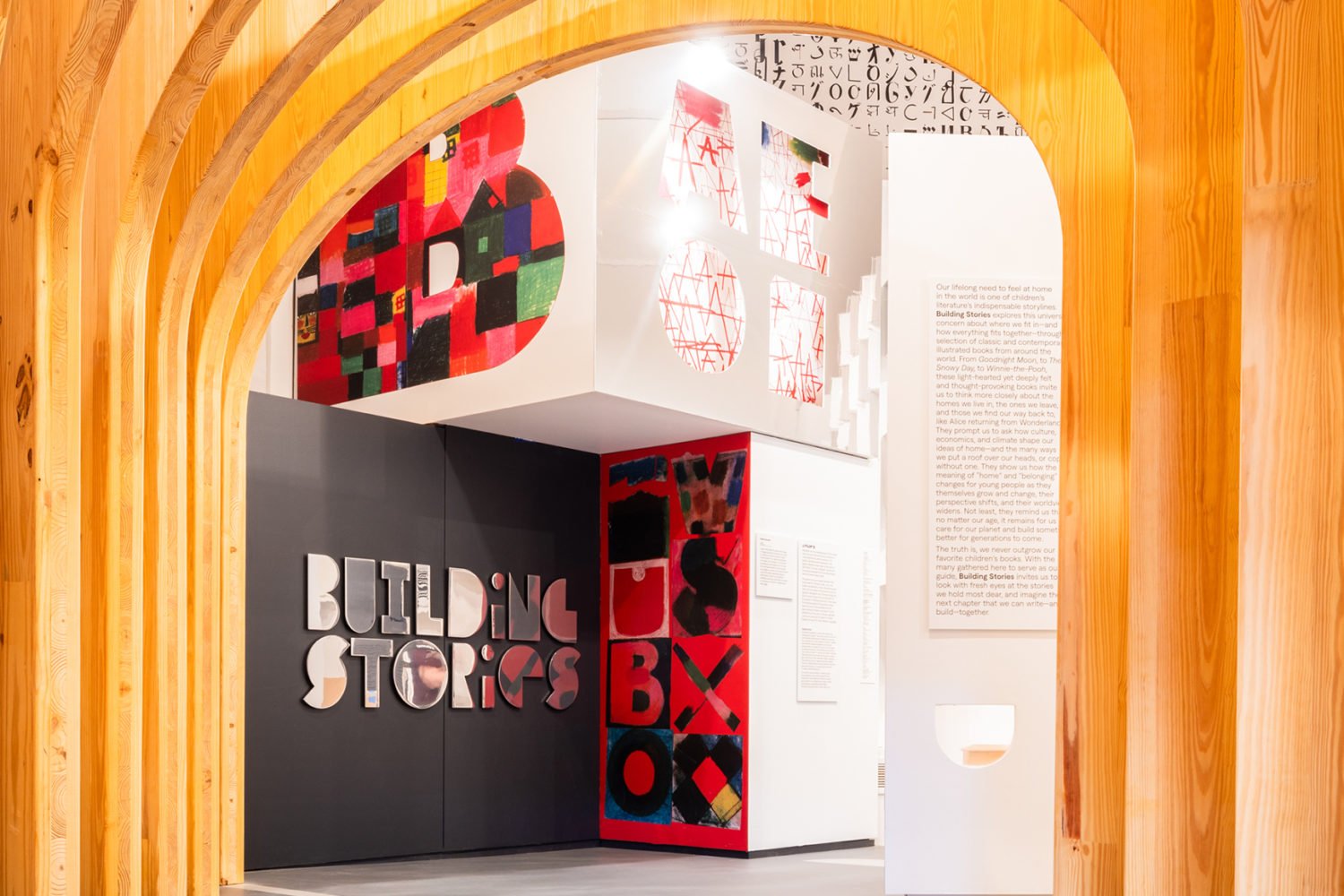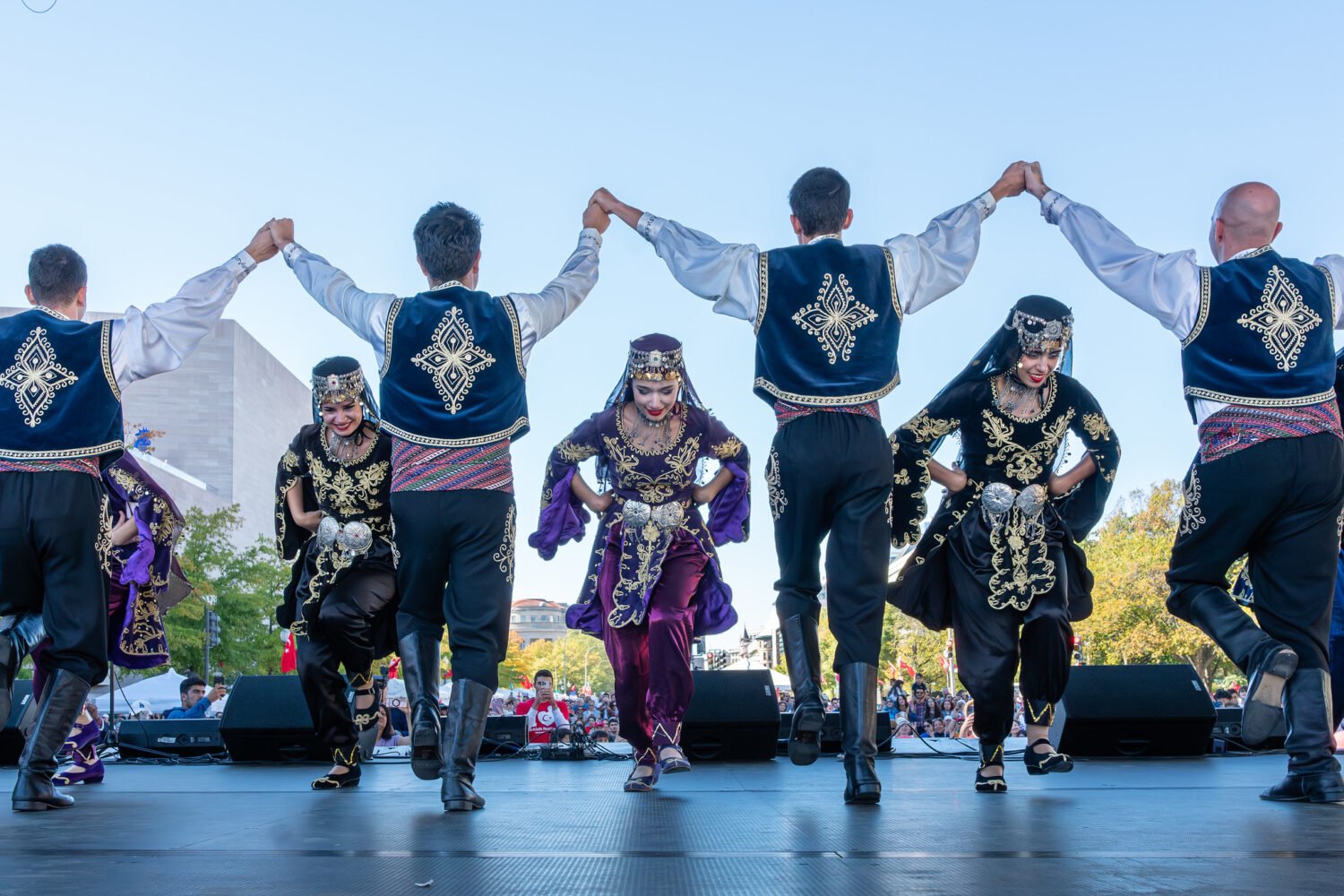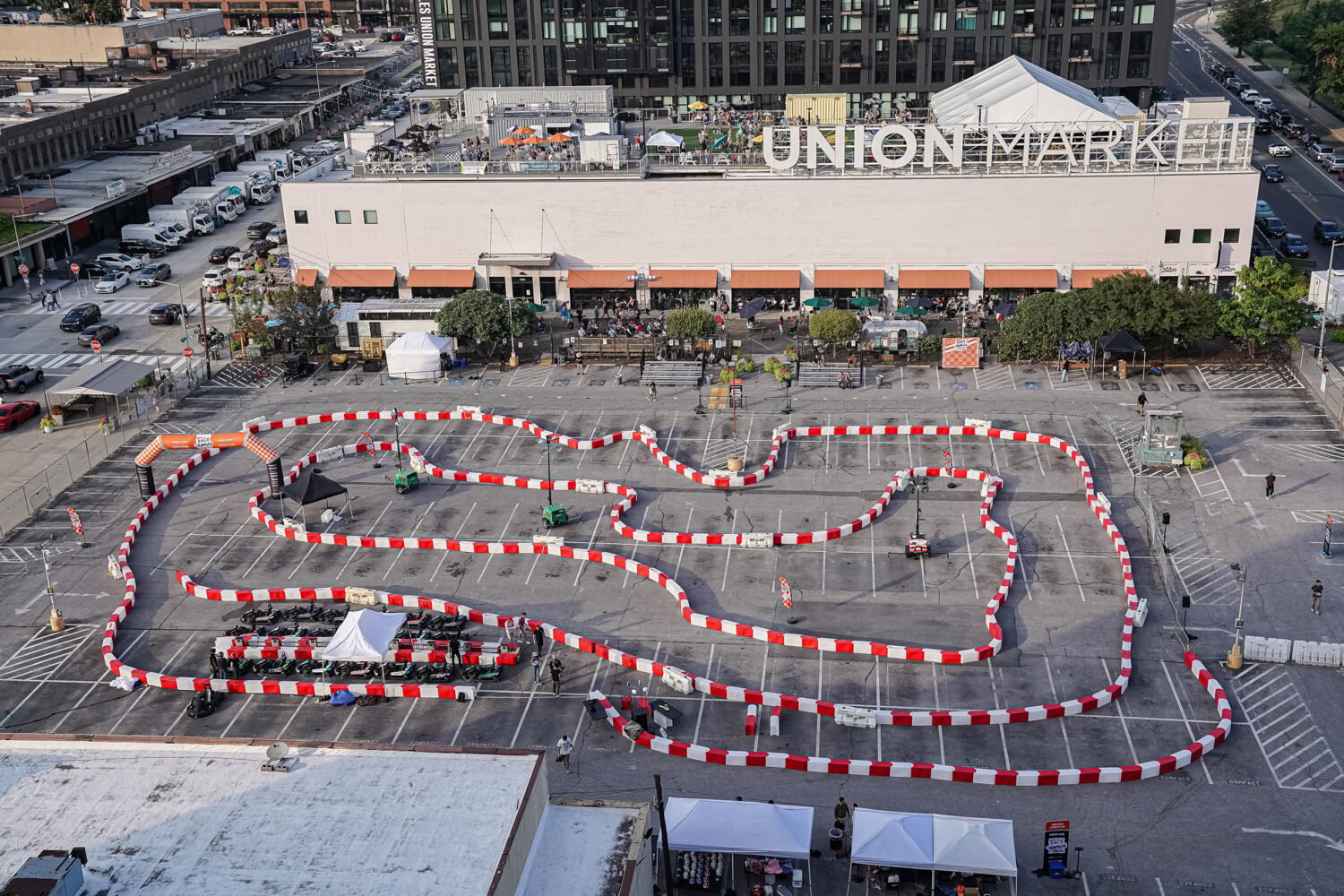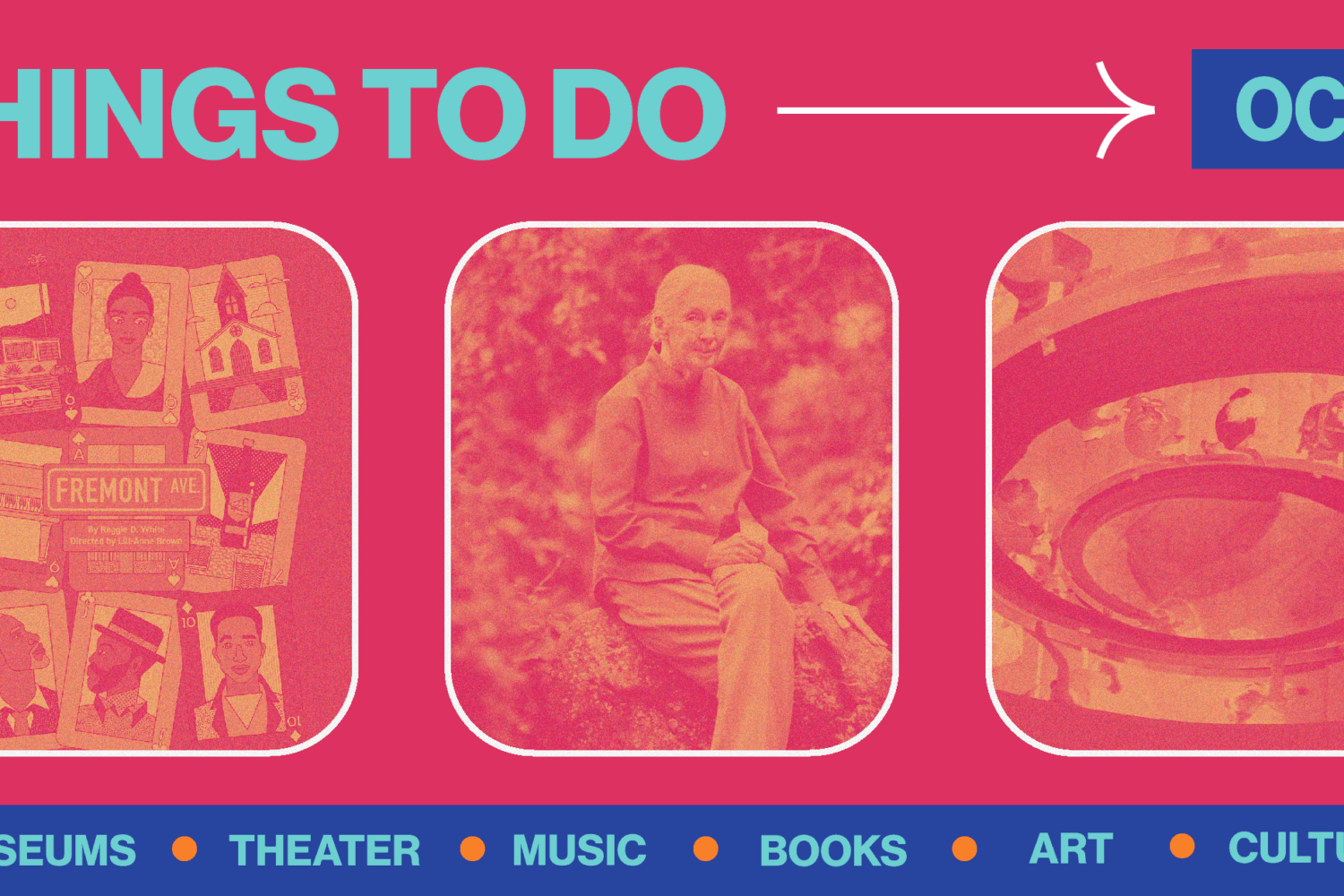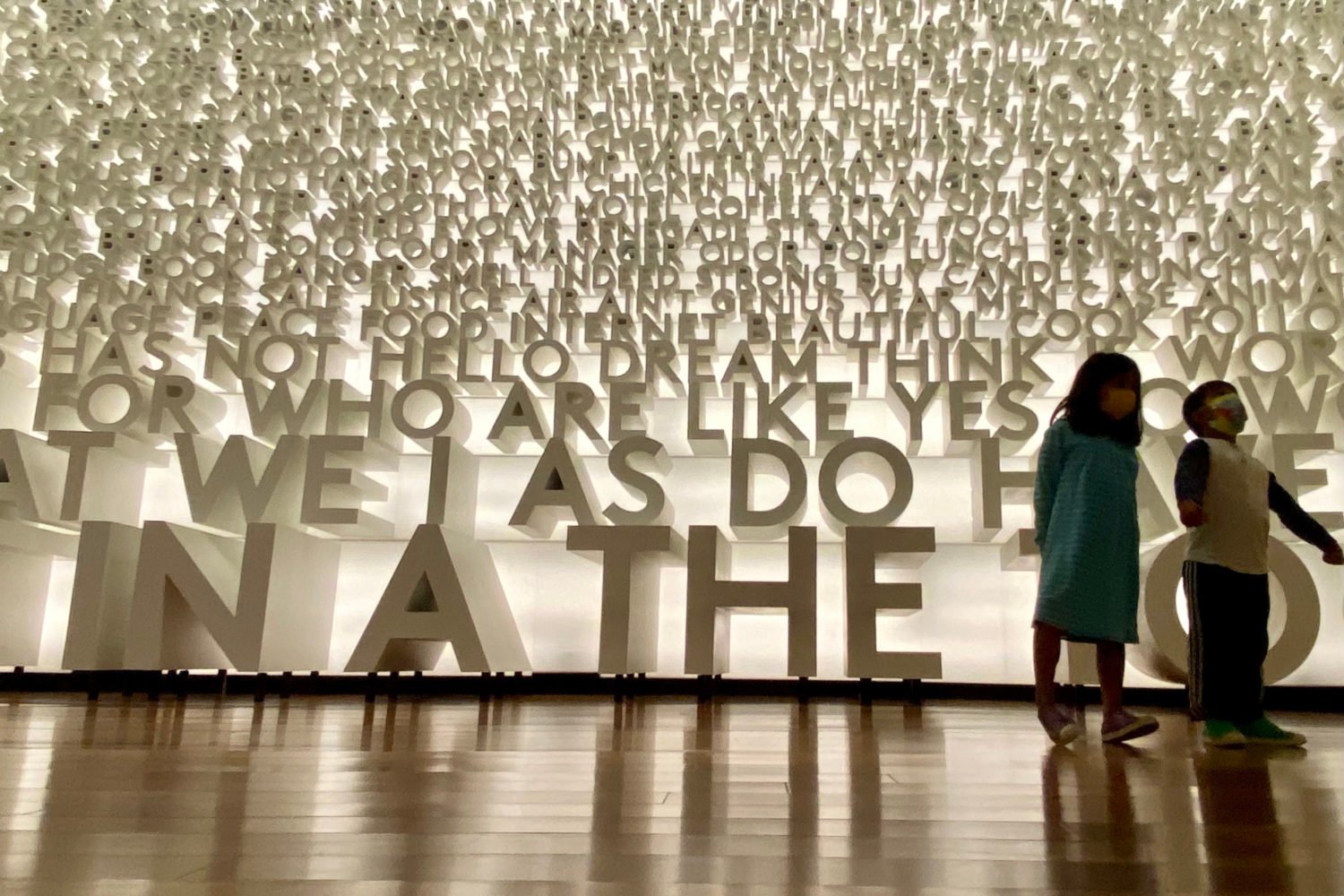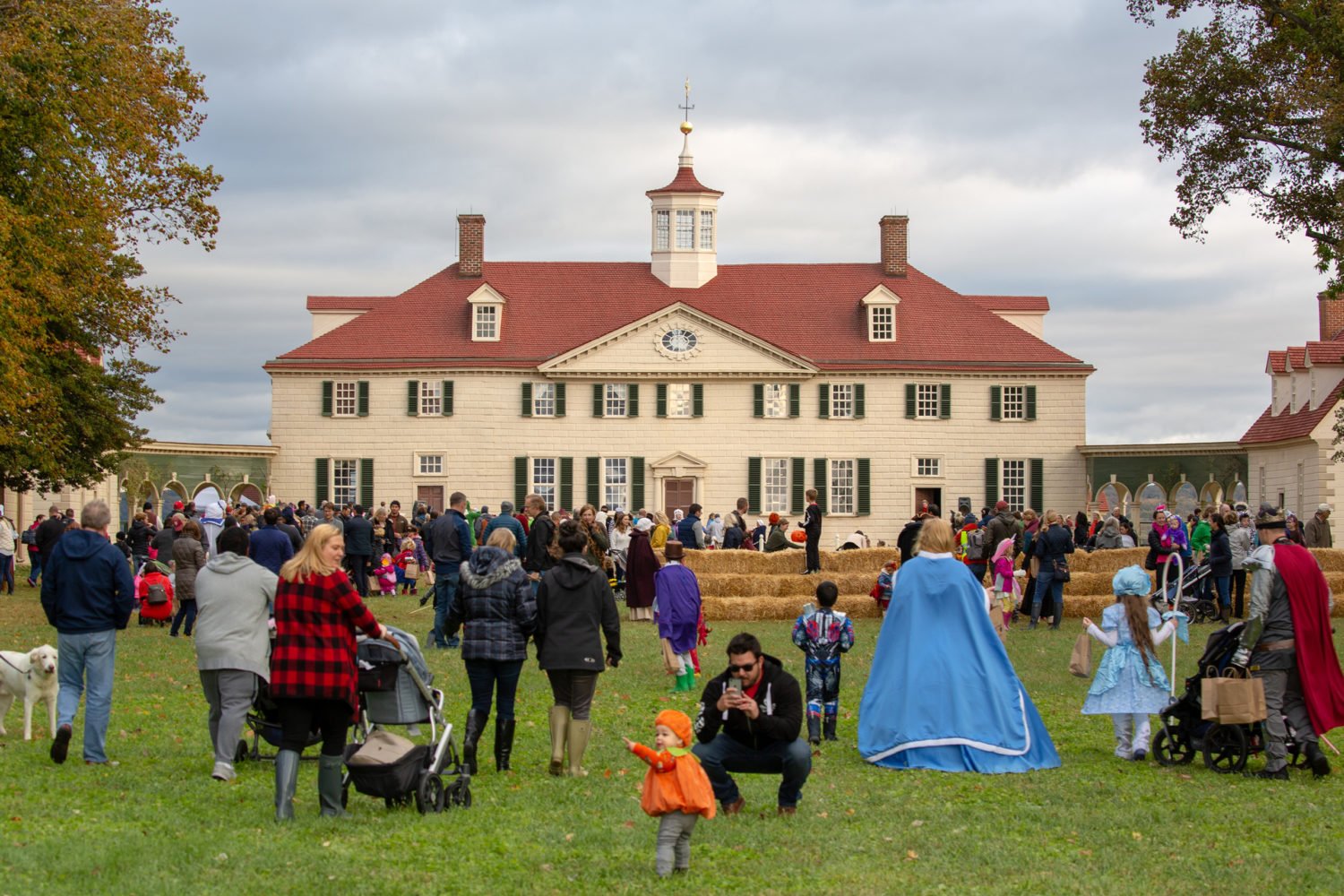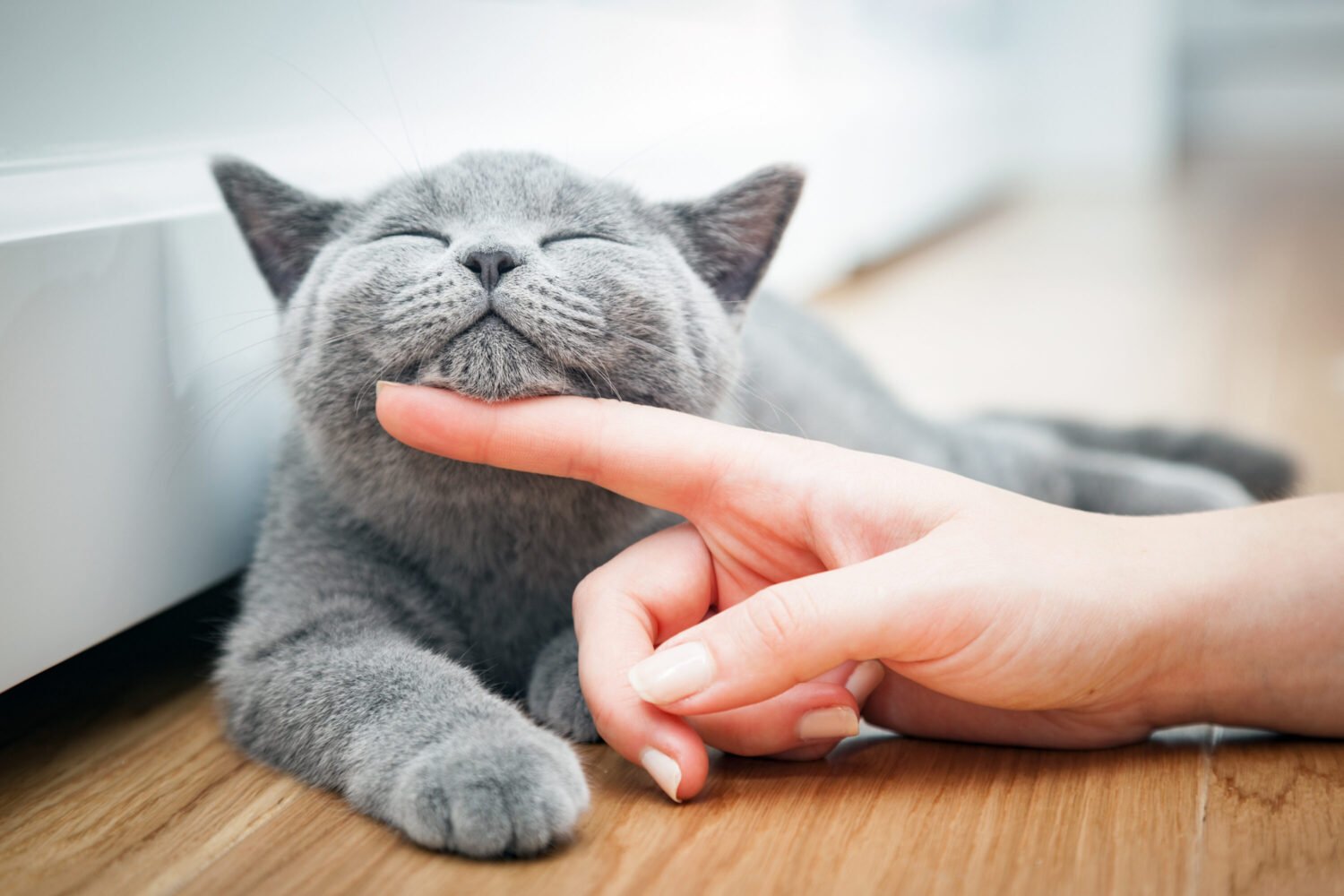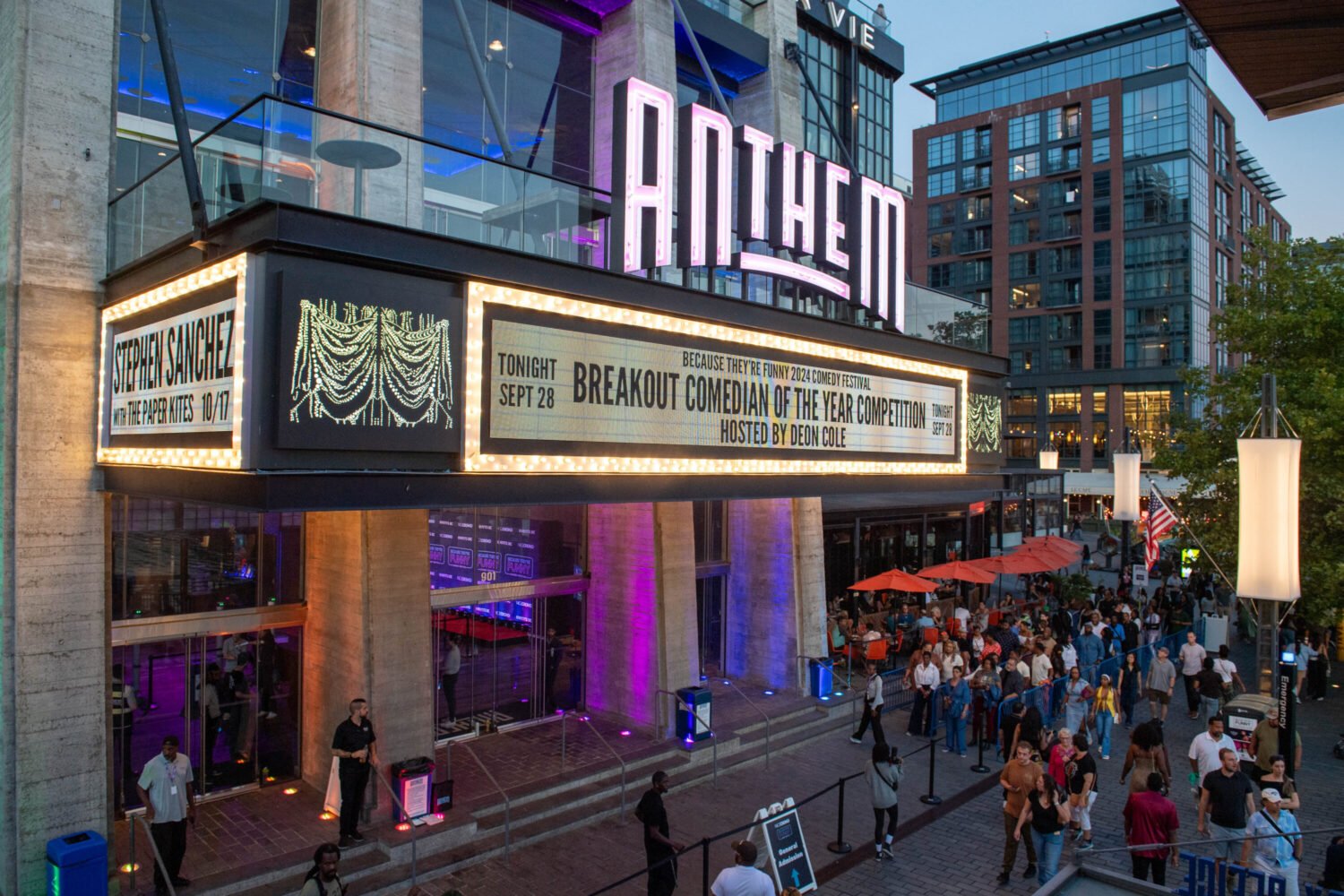
In the first act of
My Fair Lady, Professor Henry Higgins (Benedict Campbell) bemoans the lack of proper spoken English to his new friend Colonel Pickering (Thomas Adrian Simpson). “There are even places where English completely disappears,” says Higgins dryly.
“In America, they haven’t used it for years.”
Alas, little has changed since Higgins’s day. Arena Stage’s current production of
the Lerner and Loewe musical, based on George Bernard Shaw’s
Pygmalion, is almost as cruel to the English tongue as Eliza Doolittle’s lost aitches. Dustman
and wide boy Alfred P. Doolittle (James Saito) sounds Texan, the Covent Garden flower sellers sound Australian, and Eliza herself
(Manna Nichols) veers so haphazardly around the globe that she’s almost like an Internet-age Phileas
Fogg.
All this could be glossed over, despite the play’s continual emphasis on phonetics
and accents, if
Molly Smith’s production (which originally ran at Canada’s Shaw Festival in 2011) didn’t feel
so confused design-wise. Eliza’s commoner friends are dressed in steampunk outfits
with dreadlocks by costume designer
Judith Bowden, meaning they look less like street urchins and more like ’90s psychedelic-rock band
4 Non Blondes. In contrast,
Henry Higgins’s living room is staged over a gorgeous William Morris-like floor with
Edwardian furniture (the set design is by
Donald Eastman), and at Ascot, the ladies sport oversize fascinators in rainbow colors, their outfits
as immaculate and period-perfect as their snooty expressions.
The biggest gift that comes with producing
My Fair Lady is the music, and Smith’s cast doesn’t disappoint. Ensemble scenes bring out the
best in the production, whether it’s Mrs. Pearce (Sherri L. Edelen) and two maids entreating Eliza to go to sleep, or the entire cast singing about
the “gripping, absolutely ripping” action at Ascot in a bored monotone. As Eliza,
the flower girl plucked from the gutter to act as an experiment in phonetics, Nichols
has a truly lovely singing voice, and Campbell’s Rex Harrison-like affect conveys
all the right notes of disdain. It’s a relief after the distinctly flat opening scene,
in which the action feels all over the place and the repartee between Eliza and Higgins
is oddly listless.
In casting Nichols, an actress of Asian-American descent, as Eliza, Smith should be
commended for breaking type. Unfortunately, as Eliza’s father,
James Saito has a voice completely unsuited for the baritone required from Alfred, and he doesn’t
even get close to the low notes in “With a Little Bit of Luck,” and “Get Me to the
Church on Time.” But
Nicholas Rodriguez scores big as Freddy Eynsford-Hill, his plummy vowels smacking of Eton and his easy
charm making it hard to understand why Eliza isn’t immediately swept off her feet.
(The lack of chemistry and the discrepancy in age between the portly, presumably fiftysomething
Campbell and the lithe, twentysomething Nichols doesn’t help.)
Arena’s
My Fair Lady soars in some of the classic songs. “I Could Have Danced All Night” is a treat, and
“Ascot Gavotte” and the Embassy Waltz are delightful both visually and harmoniously.
But between musical numbers the action drags, and with a running time approaching
three hours, the second-act sparring between Higgins and Eliza feels significantly
overlong. It is, however, a joy to see Nichols’s Eliza’s confidence rise, and watch
her evolution from a bedraggled guttersnipe to a real match for the horribly misogynistic
professor. The disdain that drips from Higgins’s mouth is a gift for an actor, and
Campbell seems to enjoy it.
One hallmark of Molly Smith’s musicals in Arena’s Fichandler Theatre is how well they
make use of the limited space. This show, sadly, does not, staying almost entirely
within the rectangular area onstage. As a result, the movement feels less lively,
and the dance numbers, by
Daniel Pelzig, feel constrained. Like poor lovesick Freddy, the audience is forced to stay in exactly
the same place for what starts to feel (at least by the end of the show) like forever.
My Fair Lady is a truly lovely musical, but this production’s “by George” moments are too few
and far between.
My Fair Lady
is at Arena Stage through January 6. Running time is approximately three hours, including
one intermission. Tickets ($40 and up) are available via Arena’s website.

